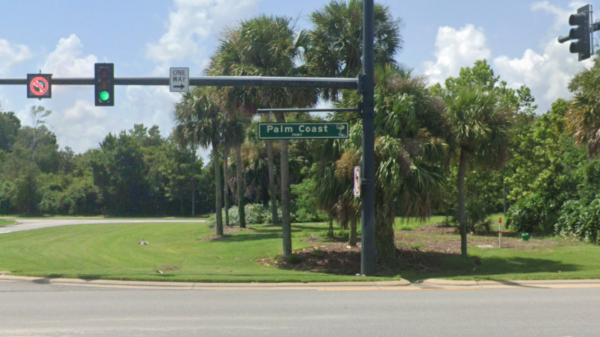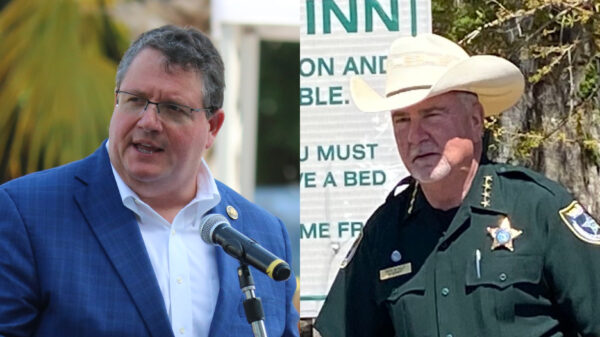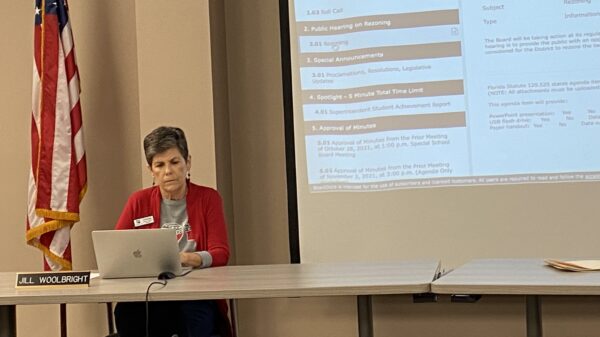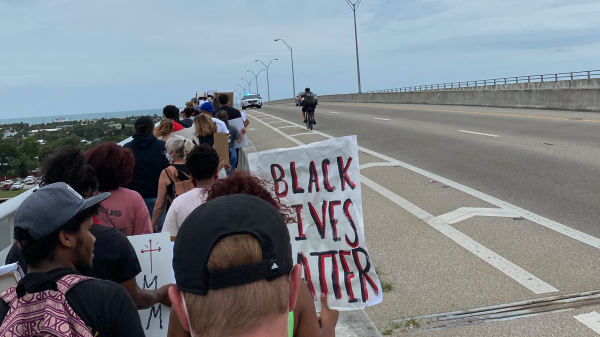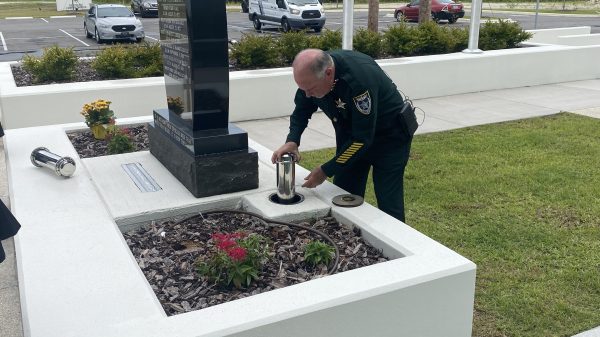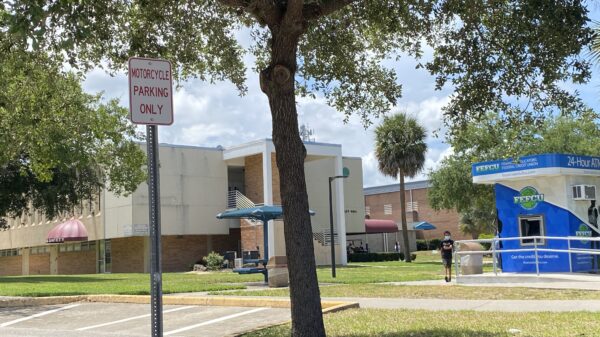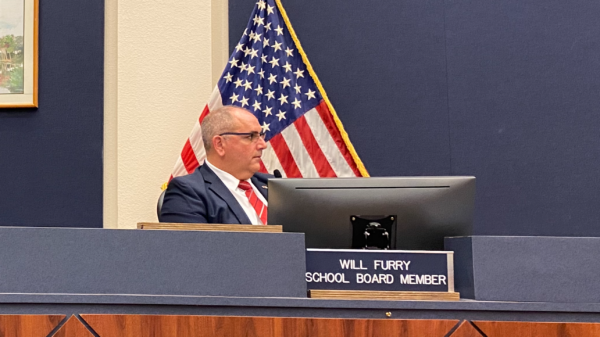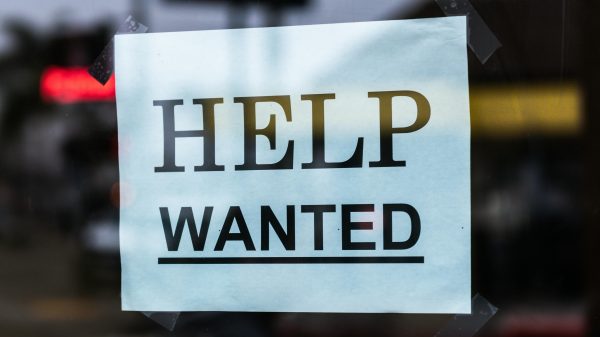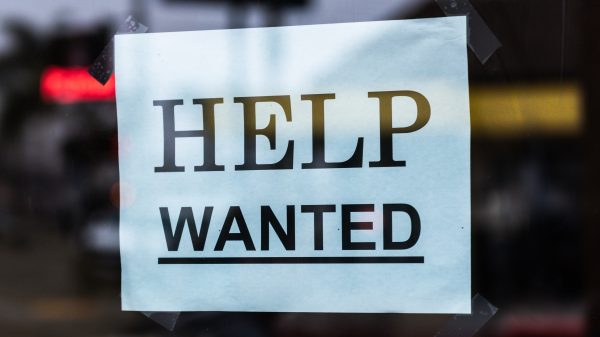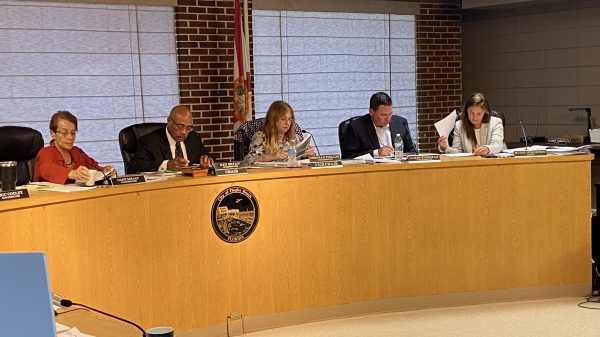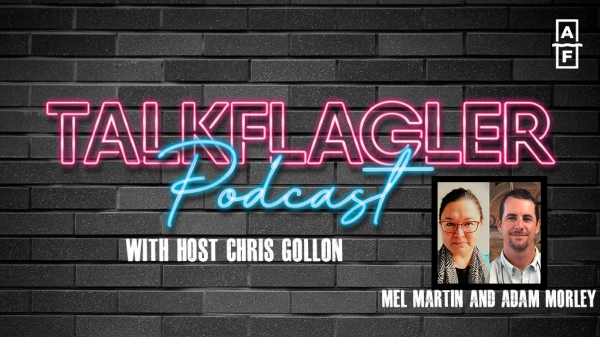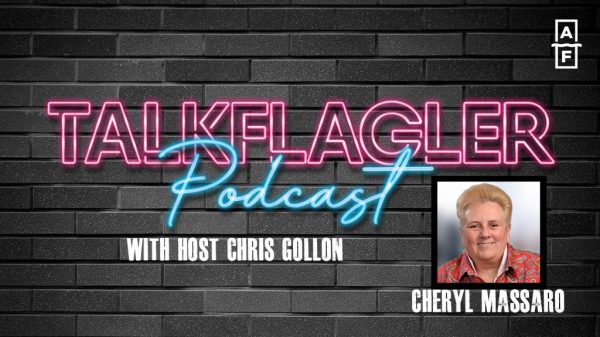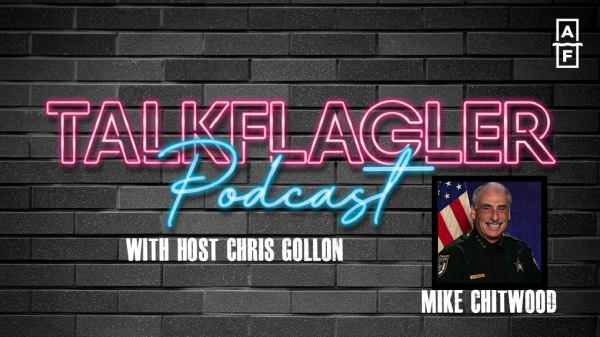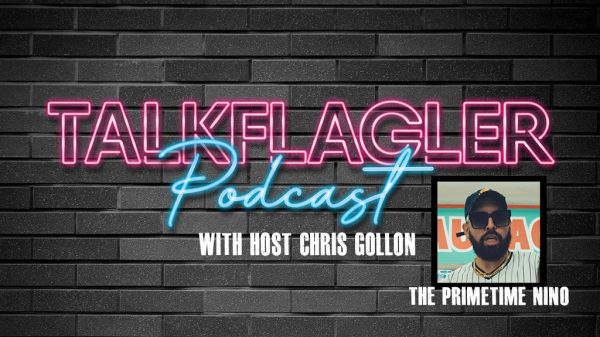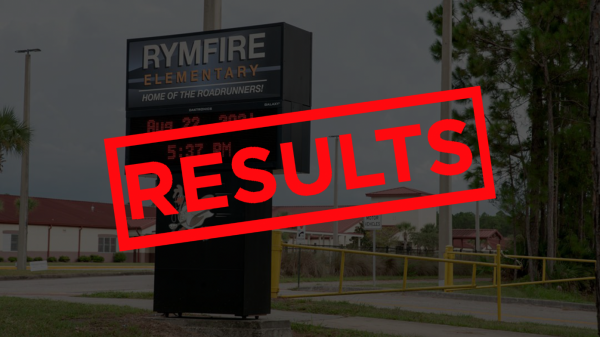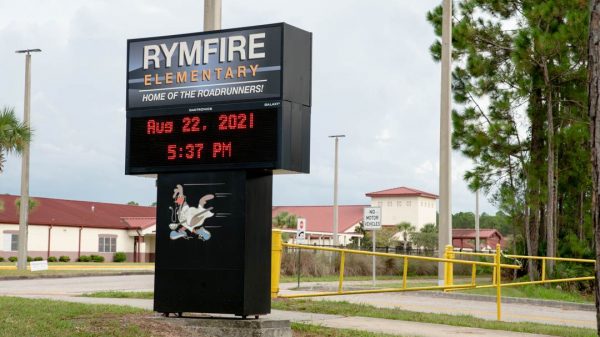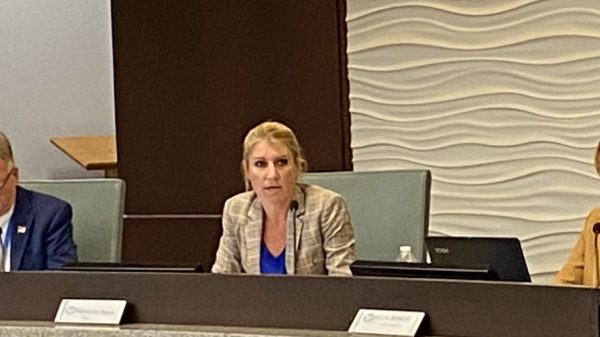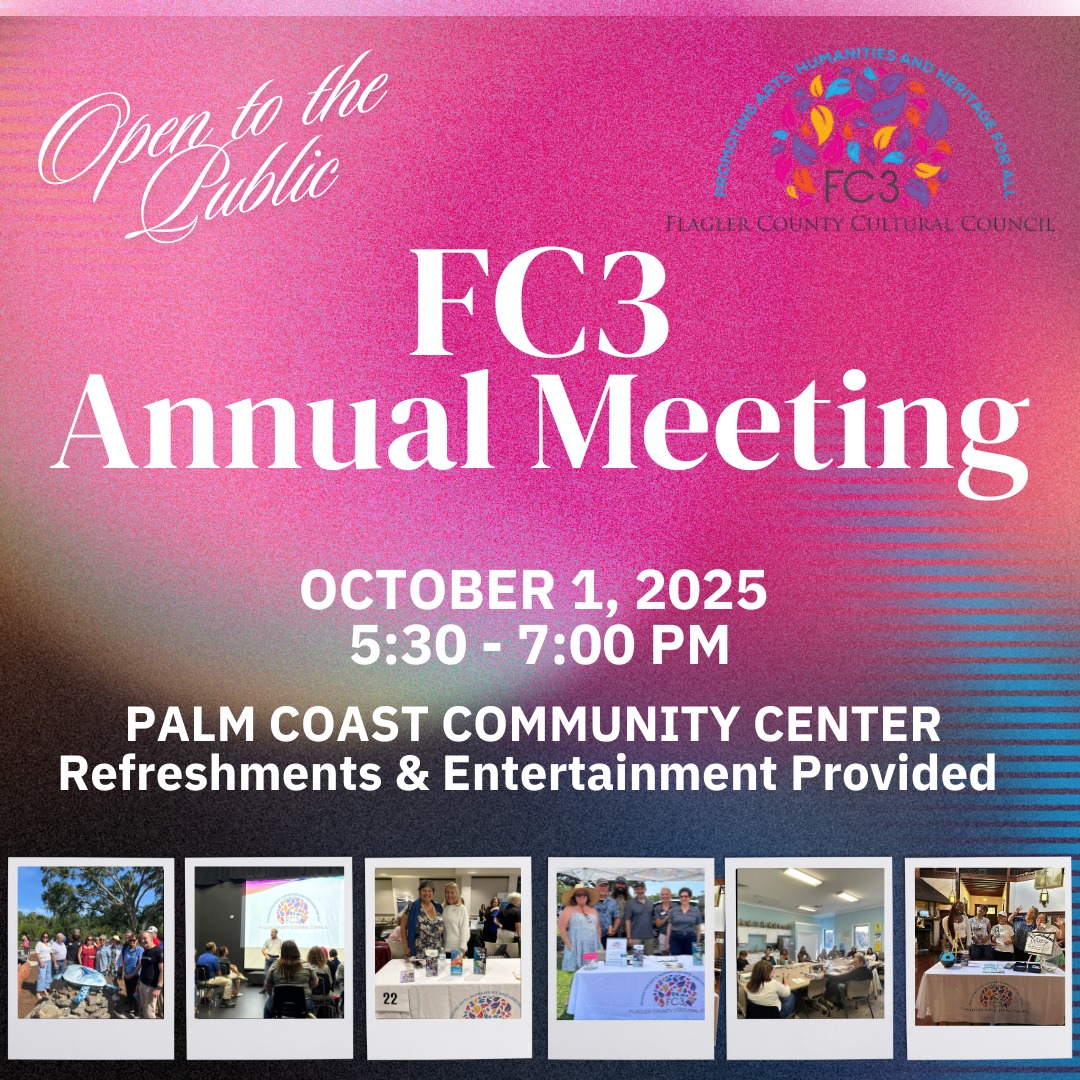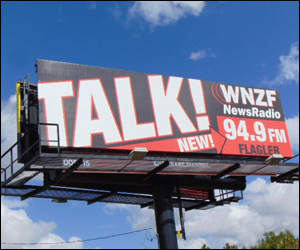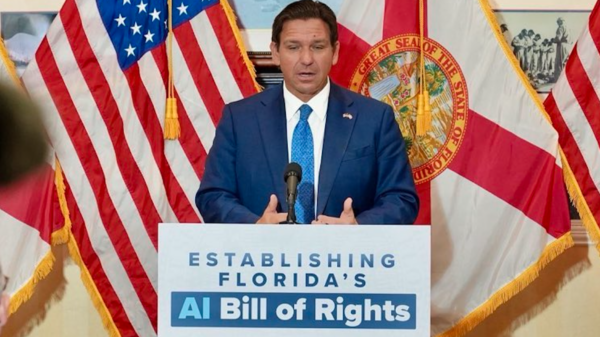The Florida Supreme Court has approved two proposed ballot initiatives, giving them the green light to appear before the state’s voters in the 2024 election. One would legalize recreational marijuana in Florida, putting it among the 24 states (plus the District of Columbia) who’ve already legalized it. The other would guarantee abortion access and end a current 15-week ban on the procedure.
These two amendments, among others, will appear for voters to approve on the 2024 general election ballot, along with the presidential election and several state and local races. Both initiatives met the threshold of petition signatures to appear.
Abortion Access in Florida
The abortion amendment in particular came with one caveat: the Court ruled simultaneously that Florida’s existing 15-week ban is constitutional. It will likely trigger the implementation of another, stricter law that outlaws abortions after six weeks of pregnancy, which was written to take effect if the 15-week ban was approved, one month after approval. According to the National Institute of Health, 36% of women don’t know they’re pregnant until after six weeks.
It will take a 60% supermajority of Florida voters to enshrine abortion access into the state’s constitution, a goal which reproductive rights activists think is attainable. “Despite opponents’ blatant political efforts to block Floridians from voting on this amendment, the Court recognized Floridians have the ability – and the right – to decide for themselves whether they want politicians to continue interfering with abortion access,” said Michelle Morton, policy counsel for the ACLU Florida.
The efforts in question were spearheaded largely by Florida Attorney General Ashley Moody, who rallied for the Florida Supreme Court to reject the abortion amendment on the basis that it was too vague to be properly implemented. Though Moody conceded her own pro-life convictions, she contested that her objections were entirely legally-based.
Recreational Marijuana in Florida
The amendment proposing the legalization of recreational marijuana use in Florida was almost equally contested as the abortion measure. As she did with the abortion issue, Florida A.G. Moody sought to block the amendment from appearing on the ballot, on the basis that it did not mention the existing federal prohibition of the drug.
Recreational pot would remain federally illegal even if Florida legalized it, but it would require the federal government to arrest and prosecute offenders. Local law enforcement agencies, such as county sheriff’s offices, do not have the authority to enforce federal law. The Tenth Amendment to the Constitution prohibits the federal government from mandating states’ enforcement of federal law.
Lobbyists from the medical marijuana industry were among the largest backers of the amendment, including $39-million-backer Trulieve. Opponents contest that recreational marijuana is problematic, and that it should remain prohibited. “I think it’s a real, real problem, and I think it’s a lot different than stuff that people were using 30 or 40 years ago,” Florida Governor Ron DeSantis said in 2023. “And I think when kids get on that, I think it causes a lot of problems.” DeSantis also speculated about the dangers of marijuana laced with fentanyl, but there remains a lack of conclusive data demonstrating a recurrence of this.
Will They Pass?
Both abortion and marijuana rights are among the front-line battles in the debate over social policy in America, with states’ laws often falling along majority-party lines. Florida has shifted to the political right in recent years, picking Republican Donald Trump in the 2020 presidential election with 51.22% and Ron DeSantis in the 2022 gubernatorial election with 59.37%. Still, in 2020 Florida voters approved a $15 minimum wage with a 60.82% majority, even with it being considered a largely progressive initiative.
According to the Pew Research Center, 56% of Floridians support legal abortion in all or most cases, compared to 39% who want it outlawed. A poll released by the Florida Chamber of Commerce in January found that 57% of Floridians support legalizing recreational marijuana, down from a November poll by the University of North Florida showing 67% support. A supermajority of 60% is required to pass either measure.
Texts of the Proposed Amendments
The proposed amendment summaries are as follows.
Abortion: “No law shall prohibit, penalize, delay, or restrict abortion before viability or when necessary to protect the patient’s health, as determined by the patient’s healthcare provider. This amendment does not change the Legislature’s constitutional authority to require notification to a parent or guardian before a minor has an abortion.”
Recreational Marijuana: “Allows adults 21 years or older to possess, purchase, or use marijuana products and marijuana accessories for non-medical personal consumption by smoking, ingestion, or otherwise; allows Medical Marijuana Treatment Centers, and other state licensed entities, to acquire, cultivate, process, manufacture, sell, and distribute such products and accessories. Applies to Florida law; does not change, or immunize violations of, federal law. Establishes possession limits for personal use. Allows consistent legislation. Defines terms. Provides effective date.”
Chris Gollon is a Flagler County resident since 2004, as well as a staple of the local independent music scene and avid observer of Central Florida politics, arts, and recreation.





